Table of Contents
Find out why authoritative parenting is essential today even though it wasn’t in the past, including the pros and cons of this style of parenting and more.
There seem to be two big misconceptions when it comes to positive or authoritative parenting.
First, many fear that it raises children who have an over-inflated concept of importance.
This is because authoritative parents forgo the use of punishment in favour of addressing a child’s feelings. The parent listens to the child and takes into considering his perspective before working collaboratively to problem-solve. The lack of harshness misleads some to believe it is permissive and is centred on the child feeling good.
Related reading: Why Positive Discipline Doesn’t Raise Snowflakes
The other consistent criticism is that, in previous generations, parents lacked the education, resources and time to parent in such an involved way.
It’s hard to imagine that a mother with eleven kids, a farm to run, and piles of laundry to hand-wash had the time to address each tantrum a child had.
Despite this, mankind has survived and even done well.

This begs the question, why do we need to parent empathically now but didn’t necessarily need to the same extent in the past?
In this article, I will address both the misconceptions about positive parenting as well as why it is essential in today’s society.
What is authoritative parenting and how does it differ from other styles of parenting?
When Diana Baumrind (1) conducted her groundbreaking research, she found that the strategies parents used to raise their children tended to fall into one of four categories.
- Permissive parenting – the parents are loving but fail to set rules and/ or follow-through on these expectations.
- Neglectful parenting – the parent is neither warm nor demanding.
- Authoritarian parenting – the parent demands obedience from the child using punishment and treats at times to get the child to listen.
- Authoritative parenting (commonly known as positive parenting or positive discipline) – the parent is both warm and has high expectations of the child. It is the middle ground between permissive and authoritarian parenting.
Related reading: This is the crucial difference between positive and permissive parenting
Why authoritative parenting isn’t permissive
Because authoritative parenting avoids the use of punishment, it may seem permissive. However, authoritative parents respect the perspective of the child while having high expectations of their children. For instance, if the expectation in the household is that the children clean up their toys and do their homework, a positive parent ensures follow through. On the other hand, a permissive parent might remind a child about her homework, but when she doesn’t want to do it, neglects to follow up.
The determining factor is whether the parent establishes and maintains boundaries.
How does a parent ensure an uncooperative child follows through on expectations without the use of punishment, threats, or the use of power?
Positive discipline offers many powerful techniques to uphold children to our standards while respecting the child herself.
Powerful positive discipline techniques include:
- Communicating expectations ahead of time – For example, “Before we go to the park, I need you to clean up all of your Minecraft Lego.”
- Positive reinforcement – Examples include encouraging a child, pointing out what she has done well, and showing appreciation for what she has done. Using the homework example, express your gratitude when your child starts his schoolwork without your prompting or when he gets to it without arguing. This helps shape behaviour over time.
- Redirecting behaviour
- Tell a child what he can do instead of what he can’t. Instead of saying, “You can’t watch TV,” say “You can watch your show as soon as your homework is done.”
- Model appropriate behaviour. For instance, if a toddler hits her parent, take her hand and show how to touch gently.
- Change the environment – Take the child outside, to a time-in, or to another room.
- Addressing the emotion behind the behaviour. Why doesn’t the child want to clean up or do her homework? Is she overwhelmed? Tired? Does she feel she isn’t capable? Find out and express empathy to help the child feel empowered.
- Problem-solving once the child is calm. Find out how to work collaboratively to get the homework done or every toy picked up and put away.
Authoritarian parenting compares to positive, authoritative parenting
Authoritarian and authoritative parenting differ because of one main characteristic: warmth.
Punitive parenting relies on:
- yelling (fear),
- lecturing (shame),
- threats (fear),
- and timeouts to get children to comply (withdrawal of attention).
In contrast, positive parenting is rooted in mutual respect. Even when the child has misbehaved, the parent strives to react calmly and in a way that respects the child’s perspective.
For example, if a child doesn’t want to go to school, a parent using authoritarian parenting says, “You don’t have a choice. You’re going to school.”
When the child doesn’t budge, the parent scoops up her shoes, grabs her jacket and picks up her up. The child cries all the way to school. The parent needs to pull her out of the car and drops her at the front of the school while she’s still crying.
In contrast, a parent using positive disciplinary techniques would ask why the child didn’t want to go to school. It may take a bit of probing but the child admits she felt left out during recess the day before. No one wanted to play with her. The parent empathizes with how the child feels and suggests they problem-solve. The child says she could ask her friends if she could play if they haven’t asked her to join what they’re doing. If they say no, she will ask to play with someone else. The parent suggests the child have a playdate with a few of her friends on the weekend. She gets ready for school without another issue.
Both approaches ensure the child goes to school. However, in the positive, authoritative example, the child feels empowered and respected.
The pros and cons of authoritative parenting
The pros of authoritative parenting include:
- A stronger parent/ child relationship. The parent shows and models respect to the child while expecting respect in return.
- Greater trust. Specifically, the child trusts the parent won’t use power to force the child – unless absolutely necessary. Necessity includes threats to safety and wellbeing.
- Better lifelong outcomes. Children who are parented with authoritative parenting have a lower probability of mood disorders such as depression and anxiety.
- Higher internalized morals. Children who are expected to unquestionably obey their parents’ orders are less likely to demonstrate high moral reasoning.
- A greater opportunity to become leaders. When strong-willed children are coached rather than forced to obey, they have a better opportunity to grow into the natural leaders that they are.
Cons of authoritative parenting include:
- Needing to stay calm. Parenting is trying at the best of times. Positive parents need to avoid yelling so children are receptive to discipline.
- Having to think before responding. Each form of discipline is a response to the unique issue at hand. As a result, the parent can’t use a one-size-fits-all approach like timeouts or lecturing every time the child misbehaves.
- Dropping threats. Threats can work in the short-term. For instance, “Clean up now or you won’t get a KitKat,” will likely get a child moving fast. Long-term, threats lose their impact and also erode the trust between the parent and child.
- Being open to debate and conversation. Positive parents explain their rules and are open to negotiation on matters that have wiggle room.
- Having a lot of patience. When parents stop using force to make children cooperate, there are times they have told hold their ground to wait for compliance. Other times patience is necessary is when the child is emotionally charged. People, regardless of age, are not receptive to listening in this state of mind.
Despite requiring more thought, attention and conversation, the benefits of positive parenting are substantial. The question remains, how could parents of the past get away without parenting in such a demanding and personalized way when we can’t now?
Why we need positive parenting now more than ever
First of all, evidence shows that positive parenting has been a long-standing form of parenting.
The question of why we need authoritative parenting now more than ever is something that has weighed on my mind for a long time.
Is it because there is more mental illness?
Are people more complicated than before and therefore need more care?
Or, were the children of generations past suffering in silence due to the lack of consideration their parents showed them?
In his research, Why the self is empty, Cushman (2) explains when and how a monumental shift happened in our society. As World War II came to an end, industry changed and so did advertisements. Instead of focusing on goods’ quality, advertisers started to sell products based on how they would make people feel. At the same time, TV sitcoms showed families in newly furnished, larger homes. For the first time ever, corporations and the government saw Americans as consumers rather than citizens.
At this time, people’s value became rooted in what they could spend and they owned. Furthermore, the single most important focus of life became an individual’s “growth, enjoyment and fulfilment.”
This monumental shift in our society changed our values where we now put priority on:
- flash over substance,
- opportunity over loyalty,
- ability to sell over integrity,
- mobility over stability.
- self-sufficiency over a sense of community, and
- celebrity over true acts of heroism(2).
The less we focus on community, values and leisure, the more stress we are under – this includes children.
As it stands right now, society expects self-sufficient, self-regulating, be-all-you-can-be people. Community no longer plays the role they once did in raising children. Not only that but as adults, we are leaning on friends and family less. At the same time are expected to make more money, be more rounded and achieve more.
Related reading: There is an undeclared war on childhood. This is how we stop it.
The answer is positive parenting.
According to psychologists, the only way to equip children to face a such a high-demand is by being more empathetic and more reflective.
A child who has been raised with warmth, attention, and strong modelling has the best chance of being resilient in an increasingly materialistic and self-sufficient world.
Conclusion
Generations ago didn’t need authoritative parenting the way we do now. Our community is less engaged, our traditions have less impact, and our feelings of worth are largely based on our performance and the stuff we have. Because of this, children need parenting that centres on emotional health. By showing children empathy, not only are we are raising healthier children, but we are also modelling how to be caring towards others.
For additional reading, check out:
“It Takes a Village:” 3 powerful reasons why mothers desperately need it
7 Step Parenting Success System
Research says this is how to execute positive parenting from a position of strength
There is an undeclared war on childhood. This is how we stop it.
Scolding undermines effective parenting. This is why.
The crucial difference between positive and permissive parenting
How to Discipline a Child: Why scientist says this is the best approach
What Positive Discipline is and Why You Might Have it Wrong
What is Positive Parenting? A Look at the Benefits and Research







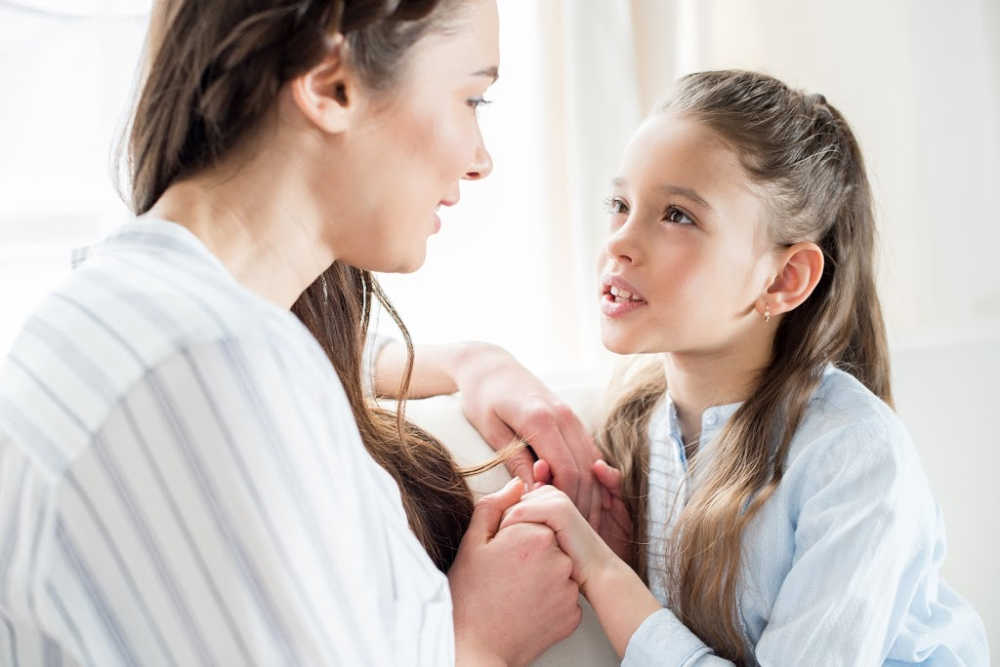
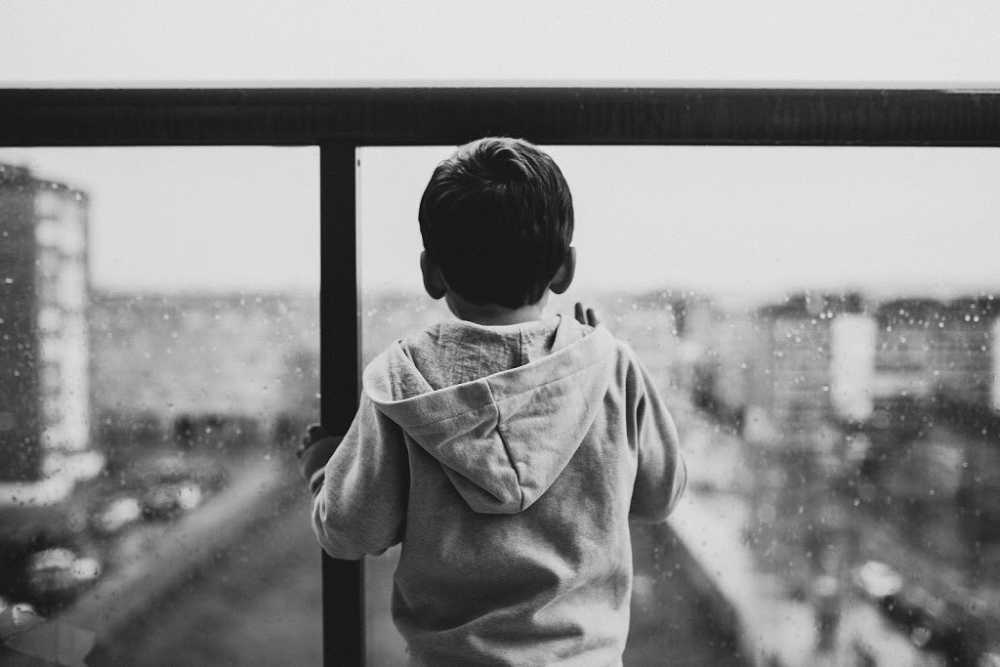
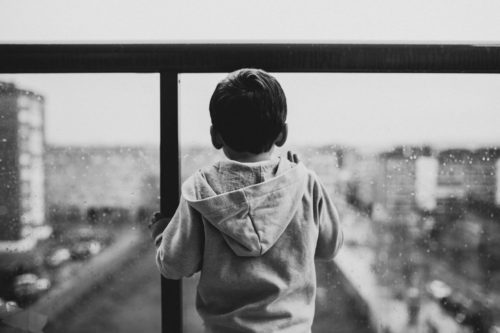

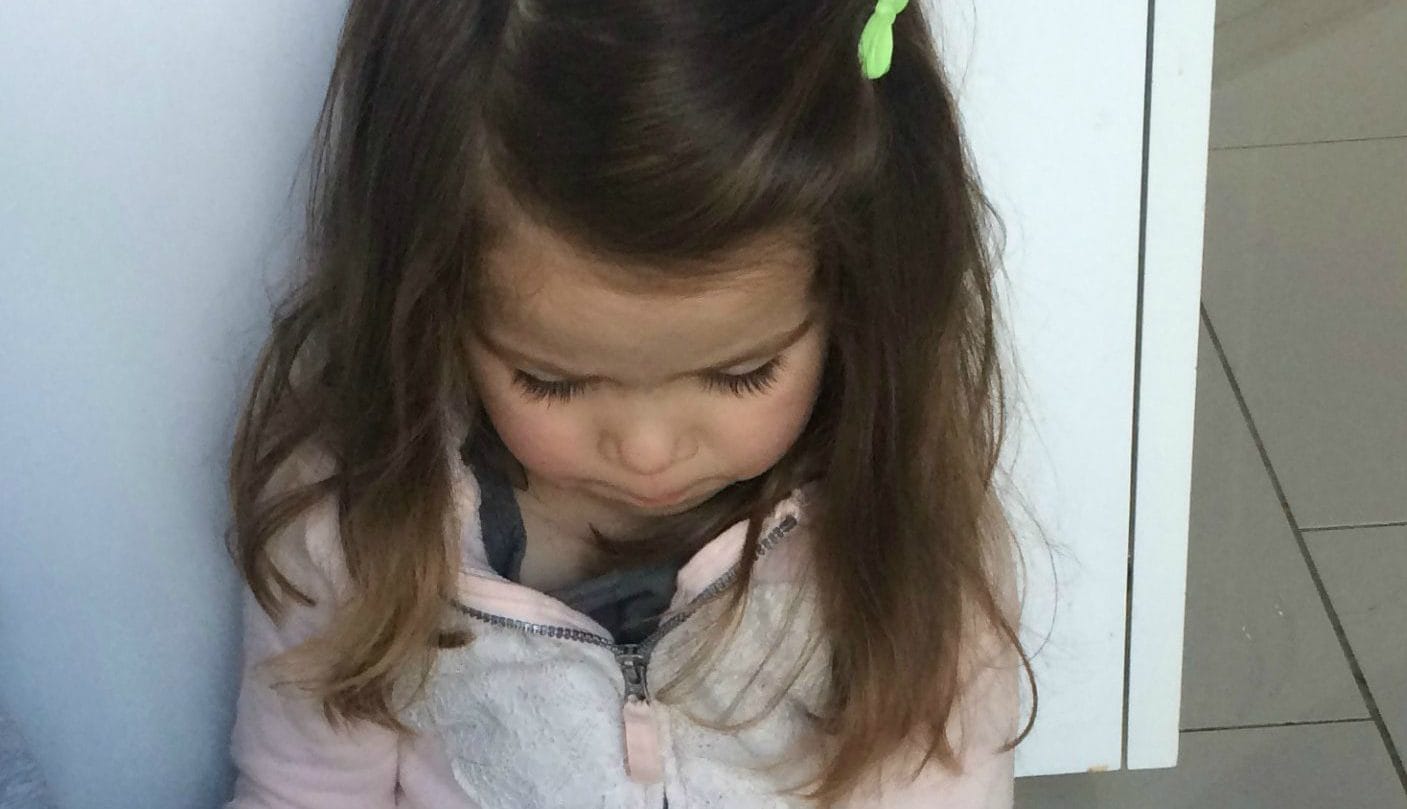
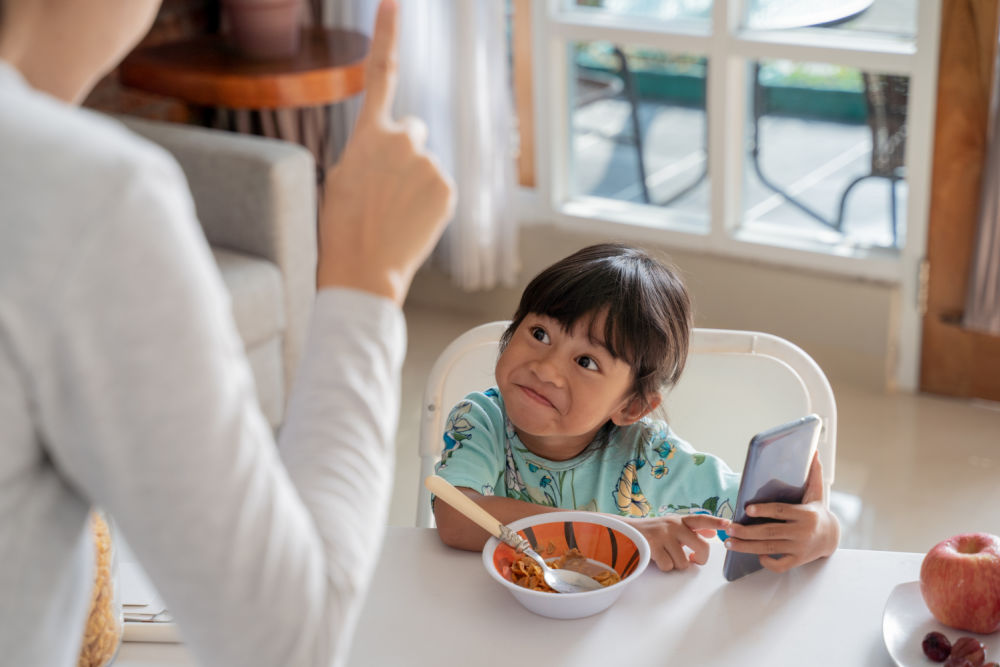
Interesting read. This question has puzzled me too.
I do wonder how many older people are affected by their childhoods though but it’s not something the talk about.
I know that my parents and inlaws have clear “issues” that I would guess come from childhood issues but their unable/not willing to see the link.
Thanks